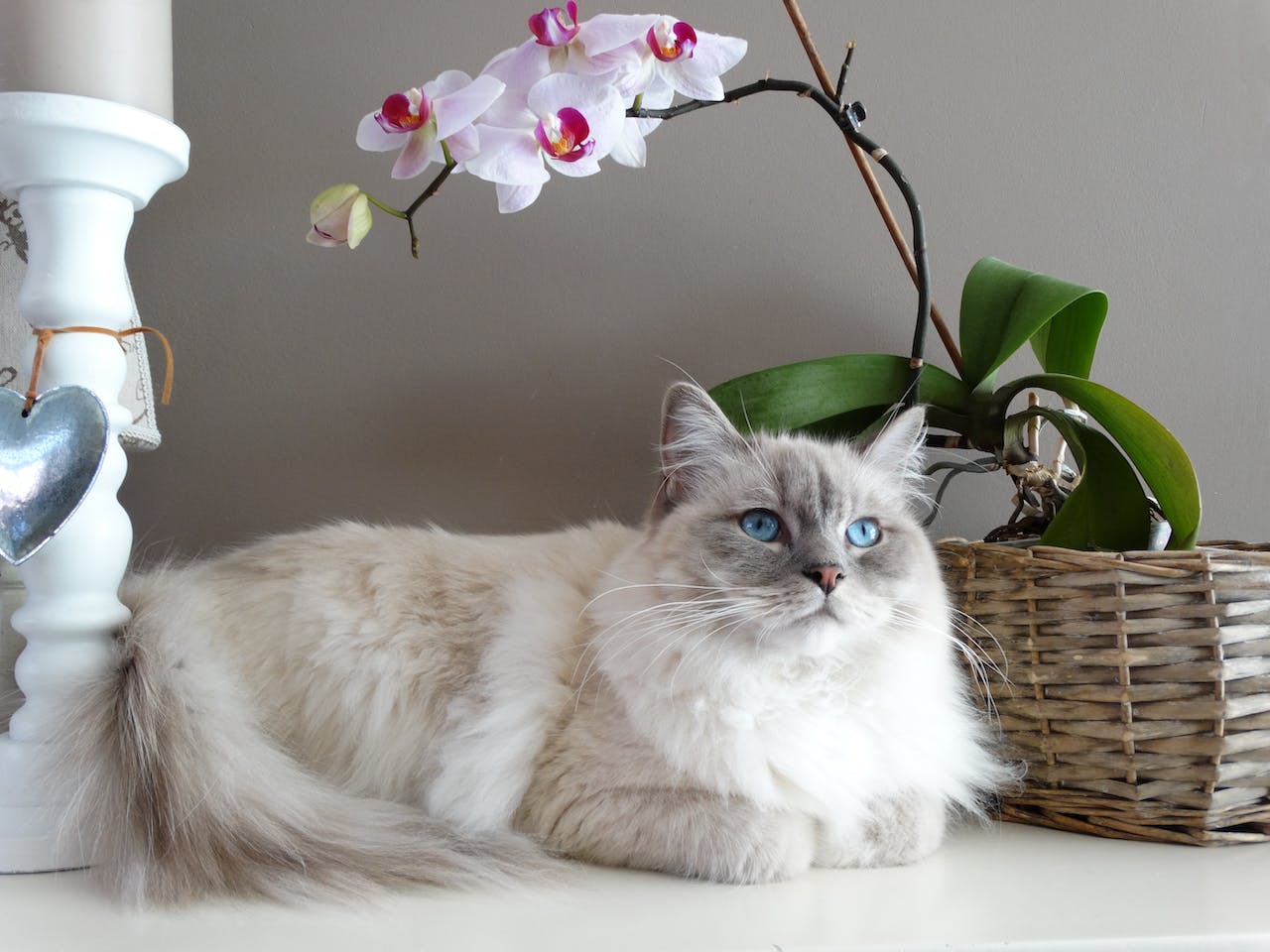The notion of ‘health’ in cats, just like in humans, can be diverse, ranging from physical attributes, genetic makeup, longevity, to disease resistance.
Cats are undeniably one of the most beloved pets globally, offering companionship, playfulness, and distinct personality traits that make them truly unique. As feline friends find their way into more households, understanding the health implications of different breeds becomes crucial. The notion of ‘health’ in cats, just like in humans, can be diverse, ranging from physical attributes, genetic makeup, longevity, to disease resistance.
What Makes a Cat Healthy?
When referring to a ‘healthy’ cat, several factors come into play. These include a robust immune system, genetic predisposition to fewer diseases, and longevity. A healthy breed generally has fewer breed-specific illnesses and congenital conditions. Furthermore, individual care, feeding, and lifestyle also significantly influence a cat’s overall health.
The Seven Healthiest Cat Breeds
1. Abyssinian
One of the oldest known cat breeds, Abyssinians, are known for their excellent health. While they occasionally face dental issues and periodontal disease, overall, they’re resilient with a lifespan of 9-15 years. Their high activity level contributes to their robust physical health.
2. Maine Coon
Despite being one of the largest cat breeds, Maine Coons are generally healthy. They have a lifespan of 9-13 years. Their risk for obesity is low due to their active nature, and although they are genetically predisposed to certain heart diseases, these are less common with responsible breeding.
3. Siamese
The Siamese cat is often seen as a healthier breed with a long lifespan of 11-15 years. They can be prone to respiratory and dental issues, but these are generally manageable with regular veterinary care. Their social, active nature keeps them physically fit and mentally healthy.
4. Japanese Bobtail
Known for their short, bunny-like tails, Japanese Bobtails are a notably healthy breed with few genetic disorders. Their lifespan ranges between 9-15 years. They maintain a healthy weight due to their playful and active temperament.
5. Burmese
Burmese cats are robust, muscular, and generally healthy. They have a lifespan of 10-17 years. They are prone to obesity due to their love for food, but this can be managed with careful feeding and plenty of playtimes.
6. Sphynx
The hairless Sphynx breed is surprisingly robust despite its unique appearance. Their lifespan is about 13-14 years. While they need regular baths due to their lack of hair, they’re not particularly prone to diseases and maintain a healthy weight through their active and playful behavior.
7. Russian Blue
Russian Blue cats are healthy, with a lifespan of around 15-20 years. They rarely suffer from breed-specific conditions and maintain a good weight due to their active nature. Their plush double coat also reduces the risk of skin problems.
Why are these breeds healthy?
The breeds listed above are considered healthy primarily because of their genetic disposition to fewer congenital and breed-specific diseases. Additionally, their active lifestyles help maintain a healthy weight, reducing the risk of obesity-related conditions. However, it’s essential to note that individual health can vary significantly within a breed due to various factors, including diet, exercise, and overall care.
How to Improve Your Cat’s Health
Regardless of breed, all cats can benefit from a balanced diet, regular exercise, and frequent vet check-ups. High-quality cat food designed for your cat’s age, size, and health condition can boost their overall well-being as well as supplementary vitamins and minerals in the form of a supplement. Supplements are especially important if your cat suffers from regular issues like UTIs, digestion problems, joint pain and others all of which have remedies you can find either locally or online at a store like Prana Pets. Regular play and interaction also keep your cat mentally stimulated and physically fit.
Ensure your cat has regular vaccinations and parasite control. Dental hygiene is also essential; brushing your cat’s teeth or providing dental-friendly toys can help maintain good oral health. Always observe any changes in your cat’s behavior or physical condition, as these could be early signs of health issues.
Conclusion
While some breeds are genetically predisposed to be healthier, individual cat health largely depends on proper care, diet, and lifestyle. Owning a cat is a considerable responsibility, but with love and care, you can ensure a fulfilling, healthy life for your feline friend. Remember that frequent vet visits and preventive care are essential for all breeds. After all, a healthy cat is a happy cat.

